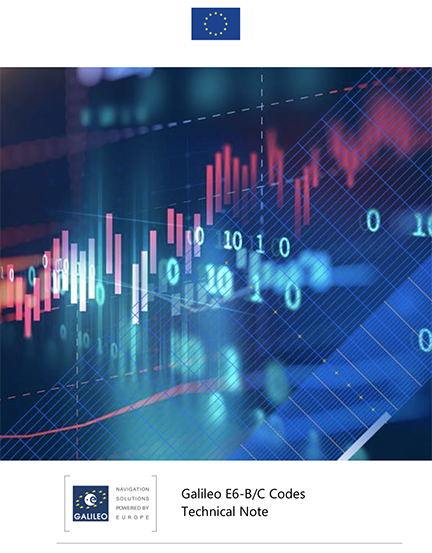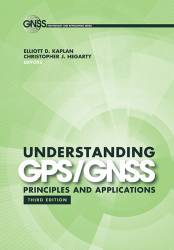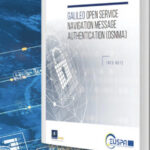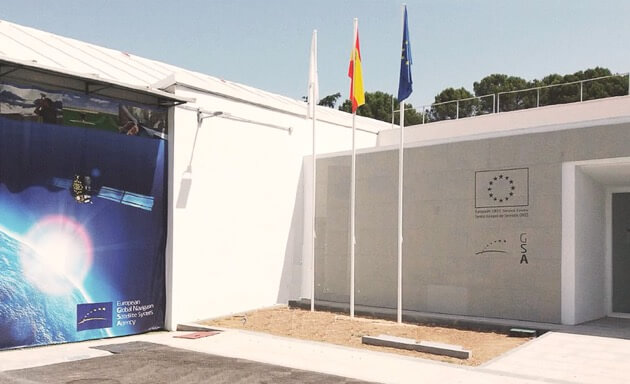With Galileo services such as high-accuracy service (HAS) and commercial authentication service on E6-B/C signal coming around the corner, the European GNSS Service Centre (GSC) has made available the main specifications of the Galileo E6-B and E6-C codes to the User Community.
The GSC just published “Galileo E6-B/C Codes Technical Note” on the GSC web portal.These codes can be used for accessing the future Galileo HAS and Galileo Commercial Authentication Service (CAS) and can be downloaded from the GSC website under the “Programme Reference Documents” section.
The main specifications of the Galileo E6-B/C codes have been published in the Technical Note, which is now available to users via the Galileo Service Centre (GSC) website: https://www.gsc-europa.eu/
For more details on Galileo codes, read: Codeless Code Tracking
The description of the primary E6-B/C and secondary E6-C codes and their assignment to specific satellites will provide receiver manufacturers the information they need to develop Galileo E6-B/C enabled receivers. The Technical Note also provides a hexadecimal representation of the E6-B/C primary and secondary codes.
Value Added Services
The Galileo User Community will be able to benefit from the added value services, offered through the E6 signal, namely the Galileo High Accuracy Service and the Galileo Commercial Authentication Service:
- The Galileo HAS will allow users to obtain a positioning error below two decimeters in nominal conditions of use. The Galileo HAS will be based on the free transmission of Precise Point Positioning (PPP) corrections through the Galileo E6 signal data component (E6-B) by the Galileo satellites.
- The Galileo CAS will make it possible to authenticate signals, by giving access to the E6 signal pilot component (E6-C) codes, which will be encrypted.
Cost-Effective Solution
The Galileo high accuracy and authentication services will provide cost-effective solutions with very good performance and much needed redundancy that are essential for safety-critical applications, such as autonomous driving, for example, according to the European GNSS Agency.
To ensure that Galileo services continue to meet user needs, users are encouraged to complete the Galileo User Satisfaction Survey 2018, – which only requires a minimal time commitment.






